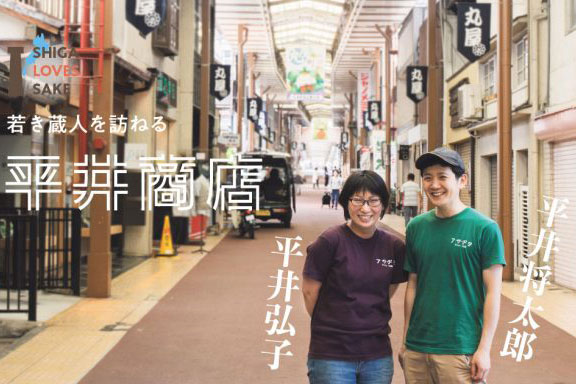
[Visiting a sake brewery in Shiga ①] [Hirai Shoten] / Otsu
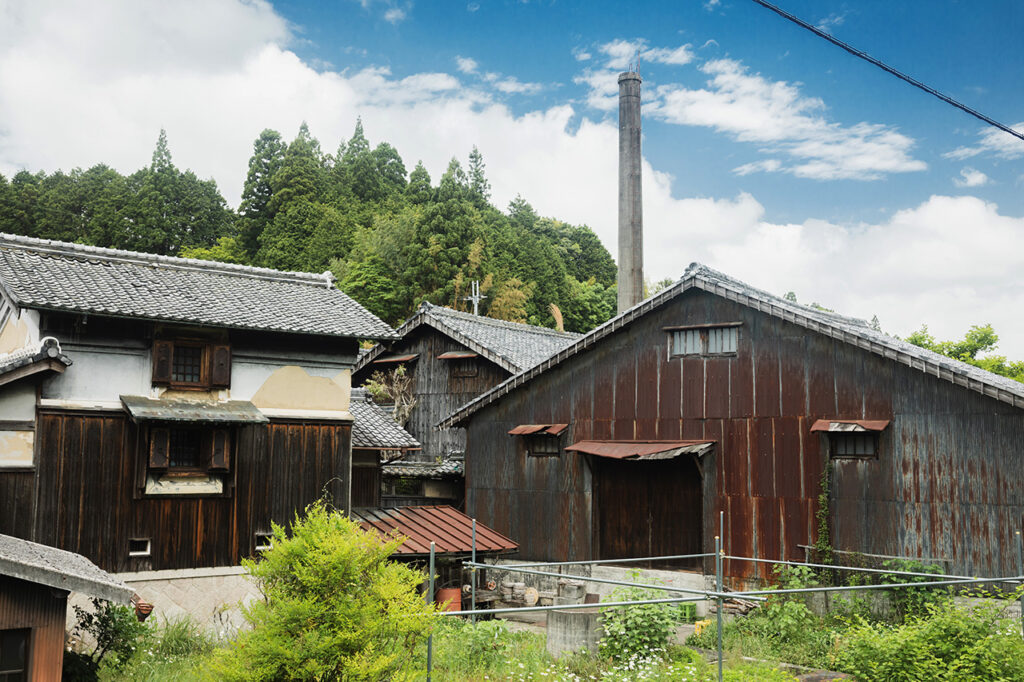

Shiga is a plain area centered around Lake Biwa, the largest lake in Japan, and underground water from the surrounding mountains is still used as the water for many sake breweries. We will focus on the unique sake breweries and their passion for sake brewing. For the 11th time, we visited Mochizuki Sake Brewery in Koka-cho, Koka City, which uses cooked rice and continues to make sake that allows you to enjoy the rice without polishing it as much as possible.
A village located in a mountain valley beyond the spacious countryside. Mochizuki Sake Brewery has been brewing sake in the Mobira district of Koka City since the Kansei era (1789-1801) during the Edo period.
``It's probably old,'' Daiki Mochizuki, the 11th generation owner, said as he showed me around the brewery. It is a space that our predecessors have continued to use in ways such as connecting buildings and adding to them. When you see the beams and pillars that powerfully support the building, the exposed clay walls, and the electrical wiring, you can think about the sake brewing that has been passed down through generations. ``I don't know when the building was built, but it seems like it's been 100 years.It's not that big, so I can't put large machinery in it, so I built it mostly by hand,'' says Daiki.
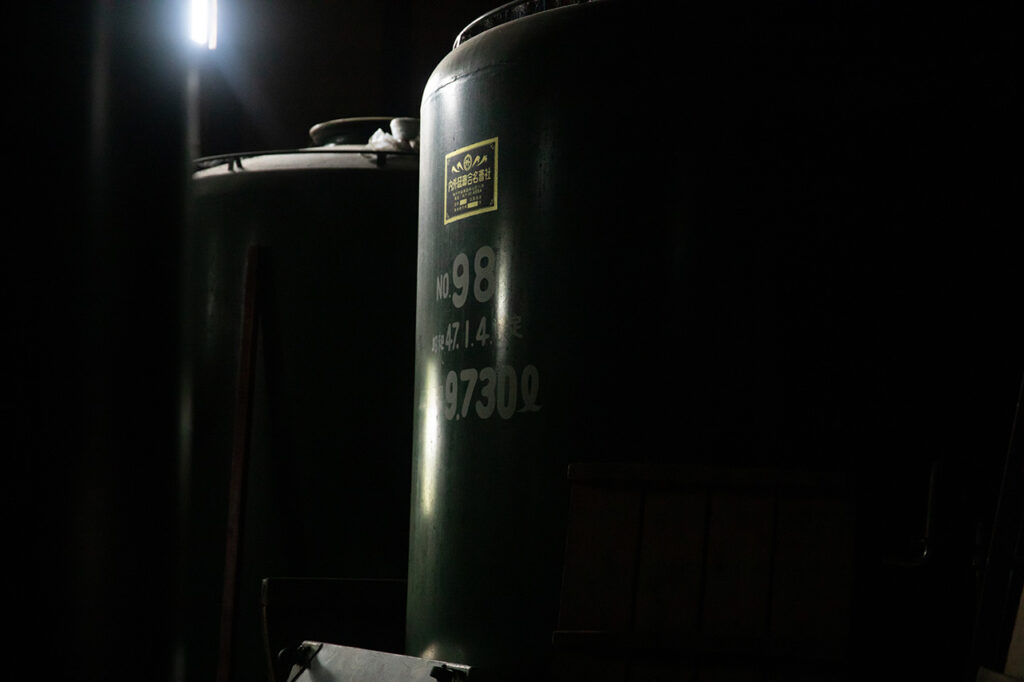

Rice grown in Shiga Prefecture is grown in the groundwater of the Suzuka Mountains and the clay land known as "Zurinko", which was once the bed of Lake Biwa. These two are essential for Mochizuki Sake Brewery's Suzukabuto. Among them, they are so particular about rice that they have set the concept of ``sake that tastes like rice.'' ``The mainstay of Suzu Kabuto's flavor is rice.We mainly use rice called Nipponbare.We don't polish it too much. . Even if it is polished, it is only 60%. There are also sakes that are barely polished at 80%." The more you polish the rice, the cleaner the taste of the sake will be. Rather than daring to do that, they pursue sake that leaves as much rice as possible and enjoys its flavor. Furthermore, there is also sake that uses two types of rice: Nipponbare rice (the rice that becomes the moromi), koji rice, and Ginbubuki, which is a rice suitable for sake brewing. ``The characteristics of Ginbubuki are added to the taste of Nipponbare, giving it a slightly different taste than other sakes.''
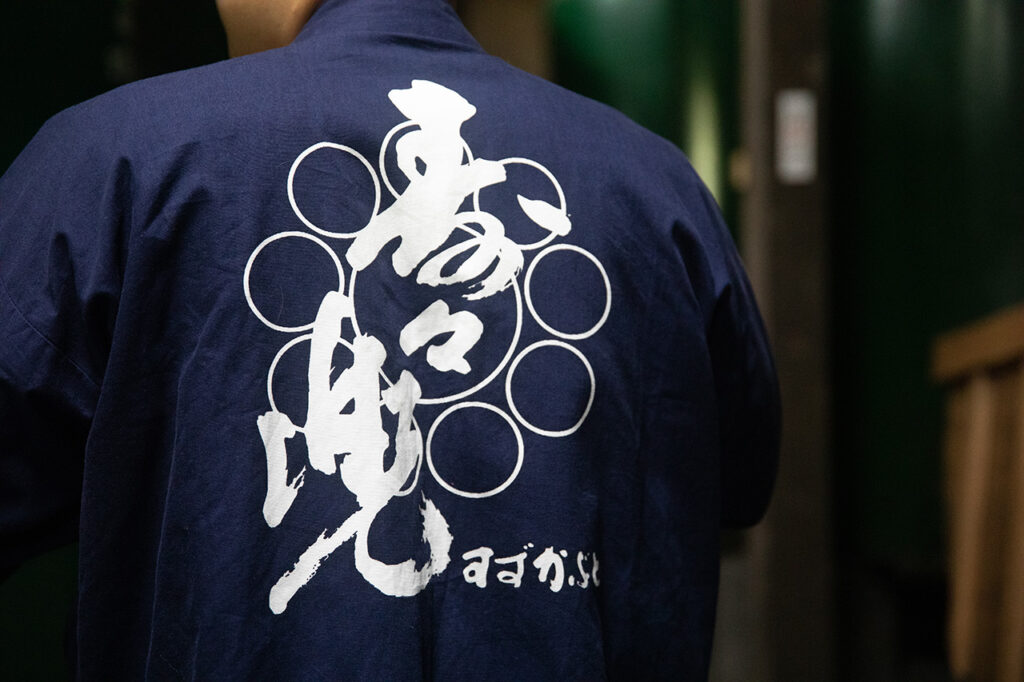

Mr. Taiki became fully involved in sake brewing in 2013 (Heisei 25). Until then, there was a chief brewer, Noto, who had come every year for over 50 years. This is unusual since many sake brewers move from one sake brewery to another.
"My father has been here since I was a child, and he has always been devoted to Mochizuki Sake Brewery. He is a craftsman, but he is very friendly. I even called him Oyaji-san."
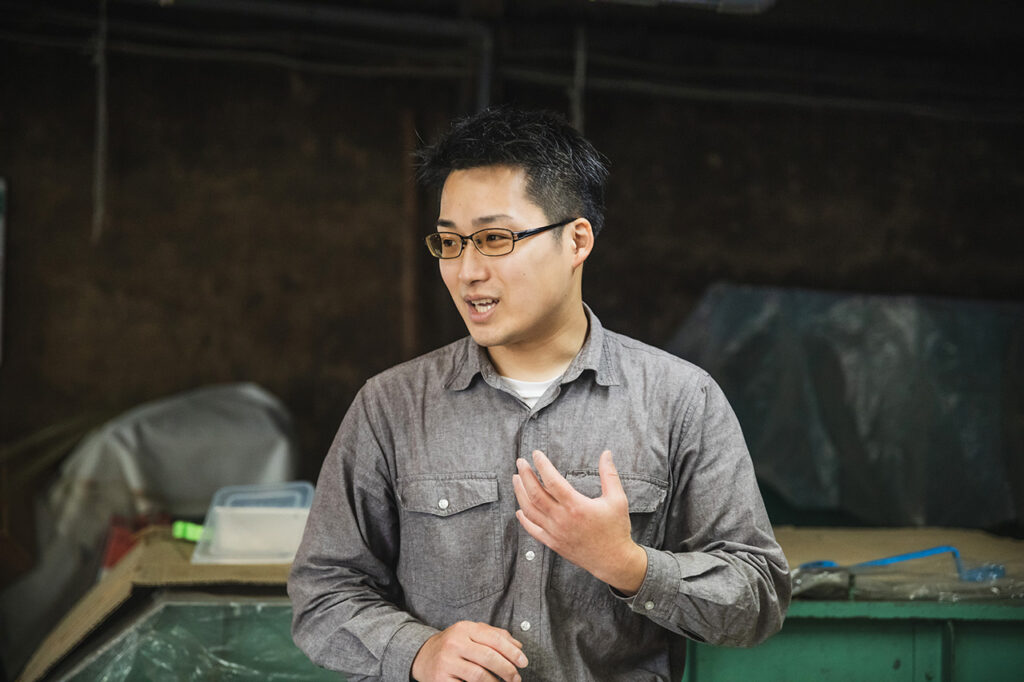

In the past, when it was time to brew sake, the brewer would bring dozens of brewers and they would sleep in the brewery and make sake. For Taiki, who started helping out at the family business after graduating from high school, the brewer has become his master sake brewer and has become like family. Therefore, when he was told that he was retiring due to aging, it was difficult to think of requesting a new chief brewer. Taiki's father, Nagahiro, chose to continue brewing sake as a brewery chief brewer.
``Right around that time, there were more and more cases in Shiga where the brewer became the chief brewer, and my father and I talked about making our own sake rather than having a new chief brewer come in and make new sake.''
Taiki says that the first sake he and his father brewed is the most memorable sake he has ever made. ``I was afraid that people would say, ``The taste has changed completely,'' because the brewer has cultivated something that has been cultivated by the master brewer.It's not that it hasn't changed at all, because the makers have their own habits.That's fine. "That's what I thought when I did it, but I was still concerned about the reactions of those around me," he says.
And there's another year to remember.
In 2020 (Reiwa 2), just before sake brewing began, his father, Nagahiro, suddenly passed away.
Although the idea of giving up on sake brewing crossed his mind that year, Taiki decided to continue making sake, saying, ``I want to make sake in this brewery.''
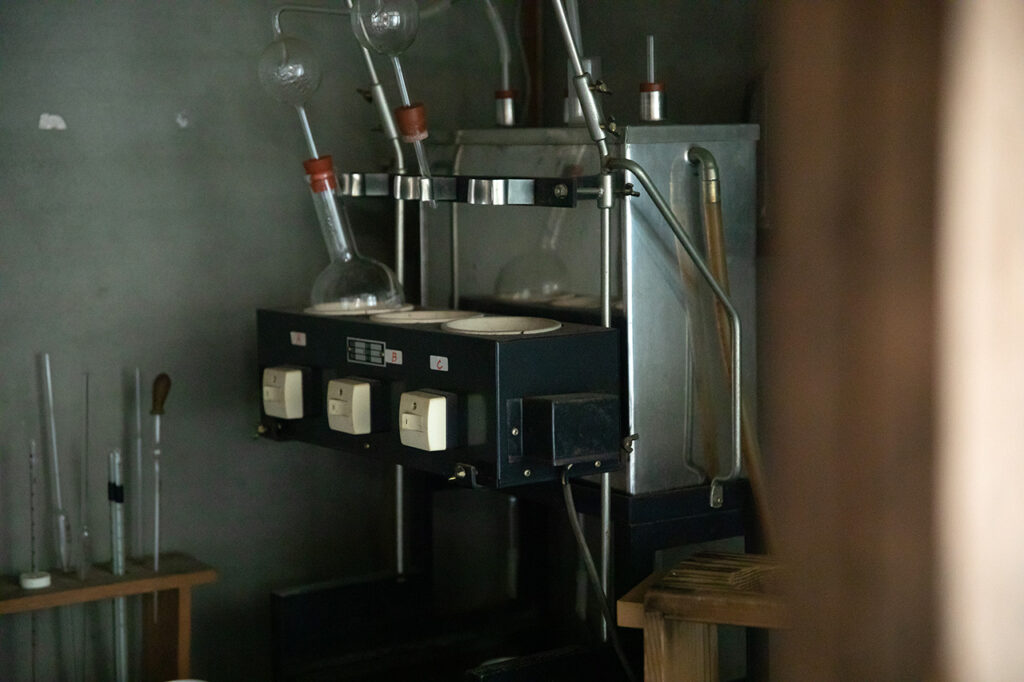

``My father passed away at a time when rice had already arrived.I could have asked another brewery to make the rice, but I felt strongly that I didn't want the tradition of this brewery to die out. When I finally finished making the sake with the help of my family, I was so relieved and felt like a weight had been lifted off my shoulders.Rather than wondering if it was delicious or not, I honestly felt glad that I had made it.''
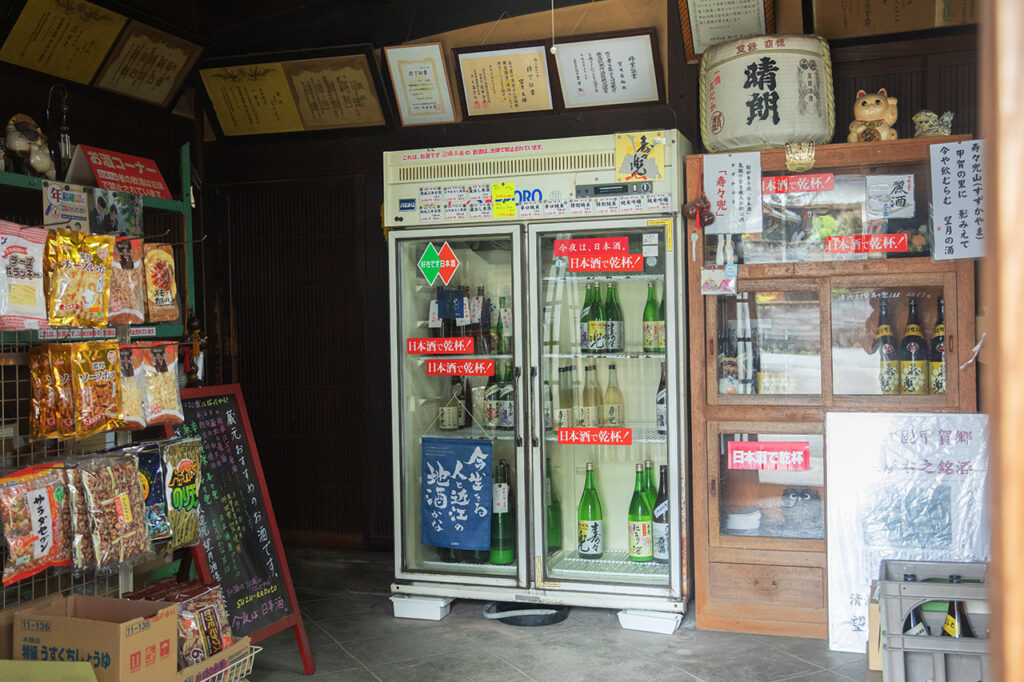

It has been three years since Taiki took over the brewery. While inheriting Nagahiro's line, he also brings out his own color.
"Our main product is sake that allows you to enjoy the richness and sweetness of sake while eating. We won't change this concept, but I think it would be good to add a little more variety." I feel frustrated and anxious because I can't talk to my father. However, Mr. Taiki's sake, which was created after overcoming these difficulties, carved out a new history for this brewery, which has been in operation for over 200 years.
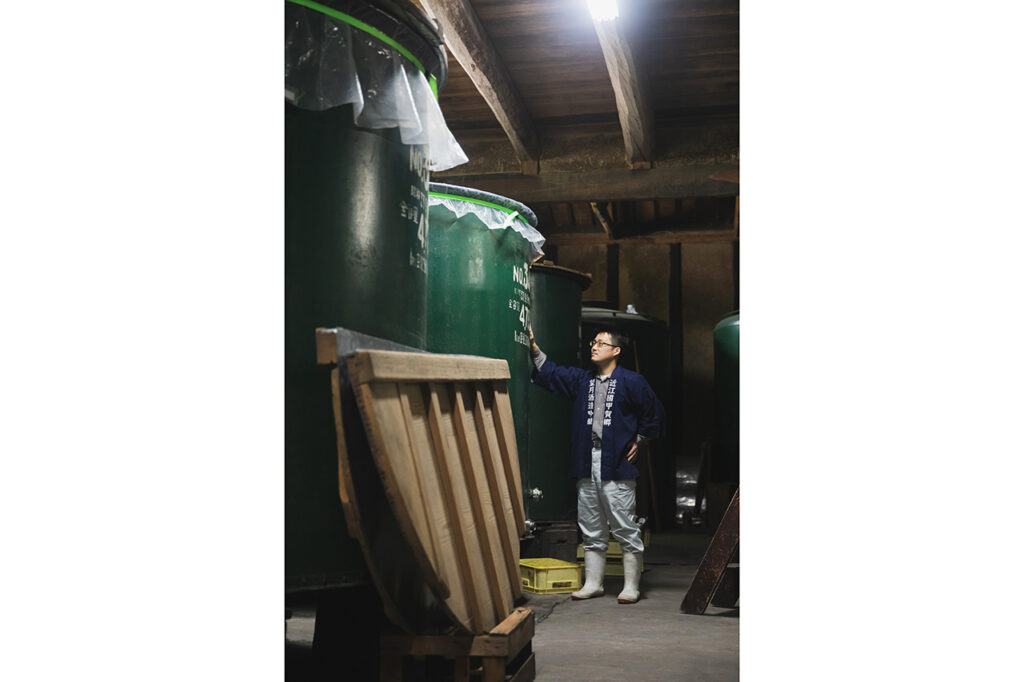
Hiroki Mochizuki/11th generation brewer of Mochizuki Sake Brewery. Currently 32 years old. After graduating from high school, he joined the family business and learned sake making under Noto, the chief brewer who was visiting at the time, and also trained at a sake brewery in Shiga Prefecture. My father passed away three years ago and I became the representative director.

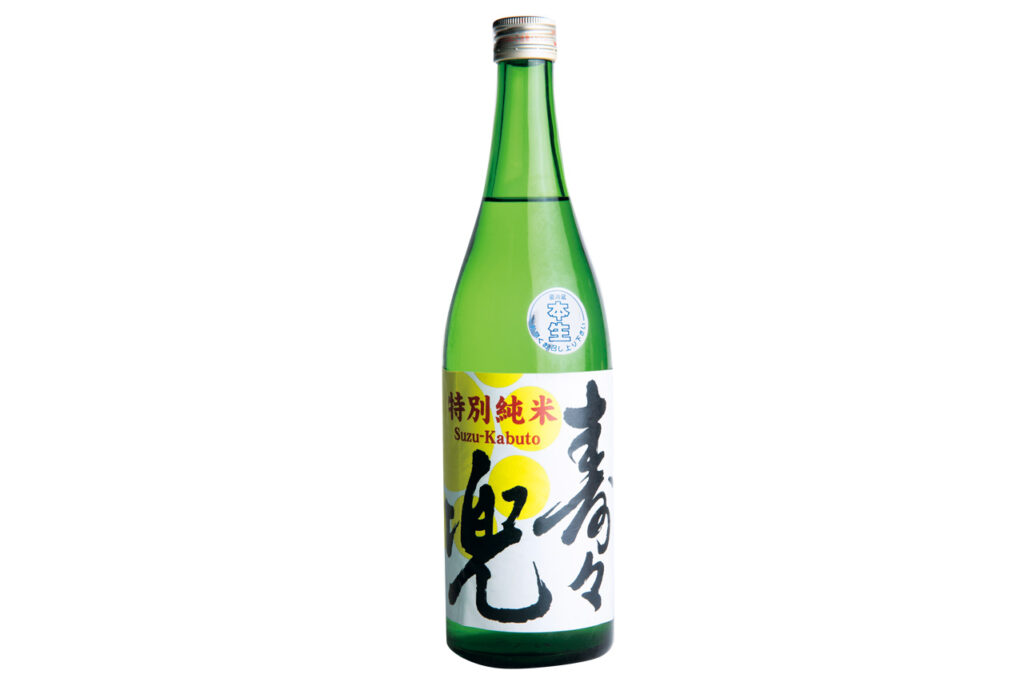
Suzu Kabuto Special Junmai 720ml 1,430 yen / Ginfubuki is used for the koji rice and Nipponbare is used for the kakemai. We recommend serving this sake cold, as it has a distinctive Nihonbare rice flavor. Year-round sales

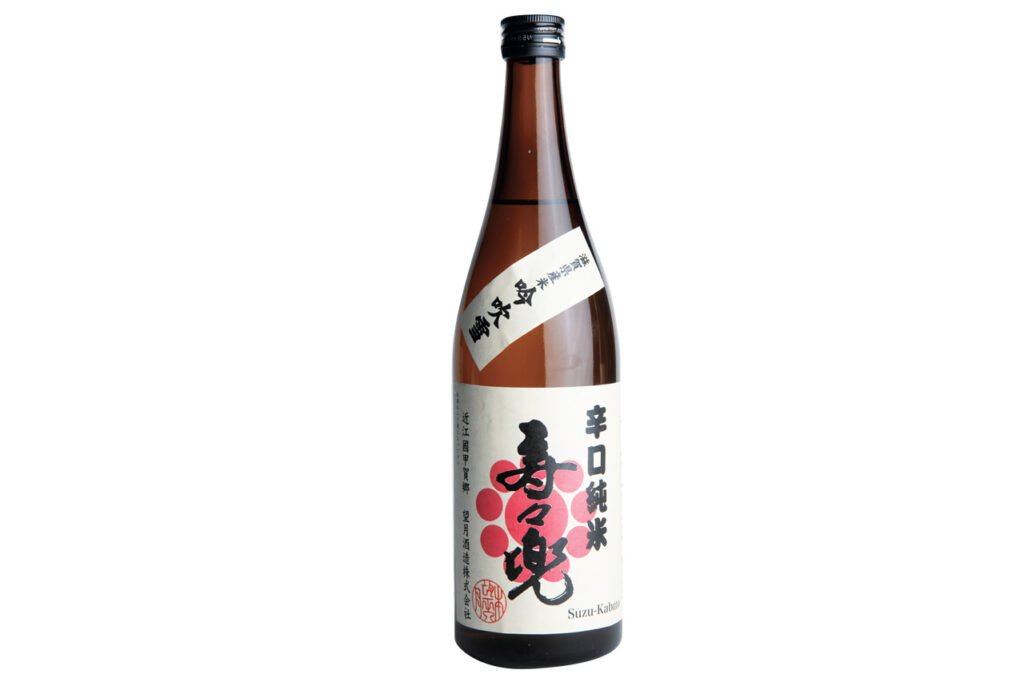
Suzu Kabuto Dry Junmai 720ml 1,430 yen / Made with Ginfubuki with a rice polishing rate of 80%. For a classic flavor with a stronger rice flavor, we recommend warming it at room temperature. Year-round sales

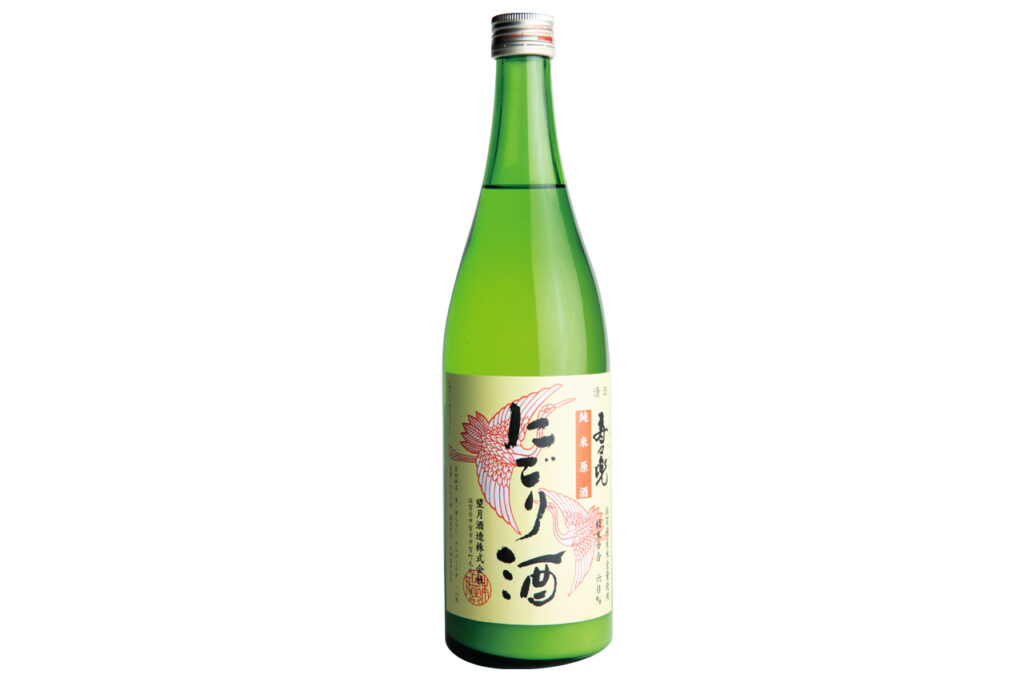
Suzu Kabuto Junmai Genshu Nigori Sake 720ml 1,540 yen / A sake made from Nipponbare's unprocessed sake with plenty of moromi. You can experience the rich flavor of rice. limited quantity

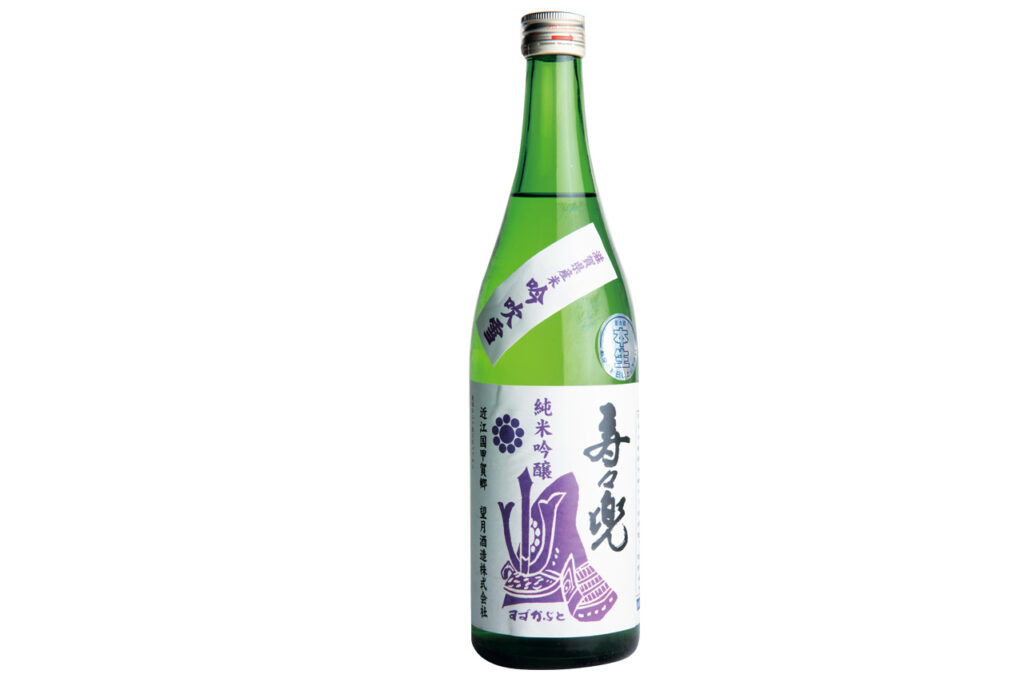
Suzu Kabuto Junmai Ginjo 720ml 1,650 yen / Made with Ginfubuki with a 60% polishing ratio. In the Suzu Kabuto lineup, it is a type that can be drunk relatively smoothly, and is best enjoyed cold. Year-round sales

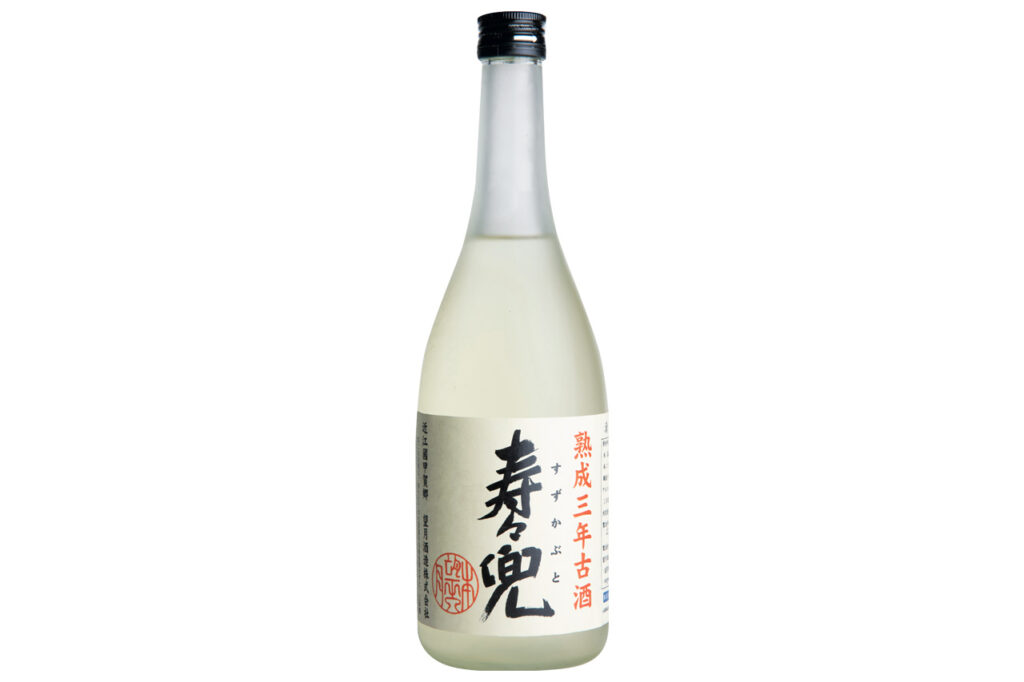
Suzu Kabuto 3-year aged sake 720ml 1,980 yen / This unheated aged sake is served on the rocks or cold. As it ages, it becomes sweeter and you can enjoy its unique aroma. Year-round sales

■ Shiga Prefecture
[Ogawa Liquor Store] 077-524-2203 / 2-1-31 Hamaotsu, Otsu City, Shiga Prefecture
[Kato Liquor Store] 077-522-4546 / 13-1 Kinoshita-cho, Otsu City, Shiga Prefecture
[Hinoya Liquor Store] 0748-66-0092/2192-1 Kita-Tsuchiyama, Tsuchiyama-cho, Koka City, Shiga Prefecture
[Masuya Liquor Store] 0748-86-2168 / 2071 Fukagawa, Konan-cho, Koka City
■ Shiga Prefecture
[Direct] 077-572-9711 / 3-1 Suehirocho, Otsu City, Shiga Prefecture
[Flea gourd] 077-525-0608/3-7 Tatsugaoka, Otsu City, Shiga Prefecture
[Sushi Tosake Temizuya] 077-572-7838 / 1-3-36 Kyomachi, Otsu City, Shiga Prefecture
[HANABI] 077-535-8042/1-9-29 Chuo, Otsu City, Shiga Prefecture
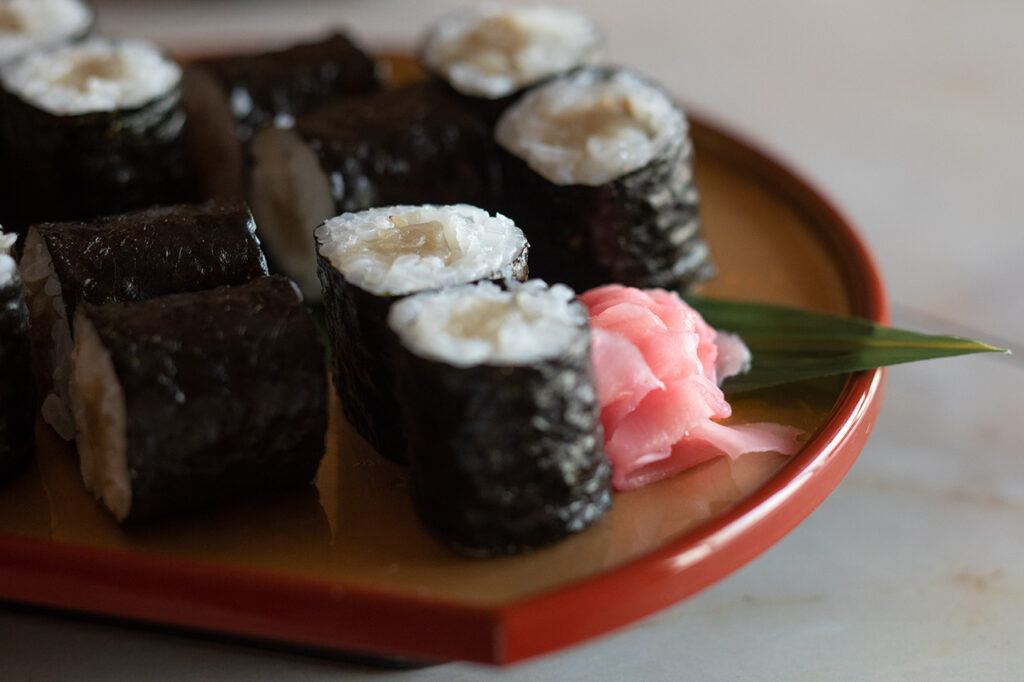
It is best to make a reservation in advance for Mizuguchi Kanpyo Maki (440 yen). For the sushi rice, we use Nipponbare from Shiga, which is delicious even when cold.

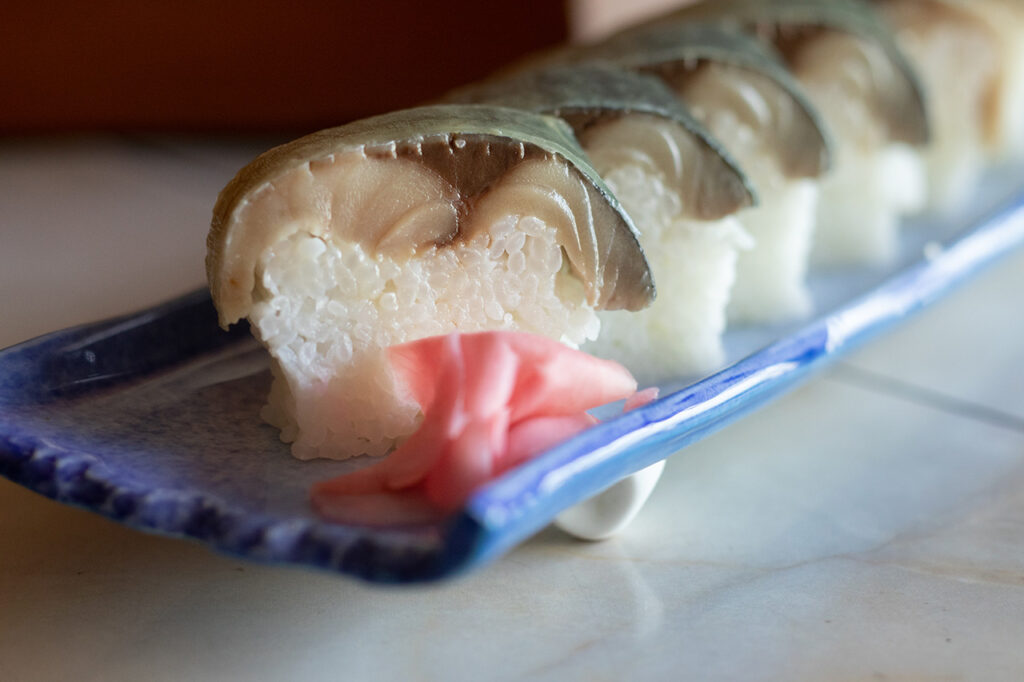
It is best to make advance reservations for the 2,160 yen bar mackerel sushi. Since the mackerel is not overcooked, it is not sour, so even people who don't like mackerel sushi can eat it. So delicious that you won't be able to stop using your chopsticks once you eat one.

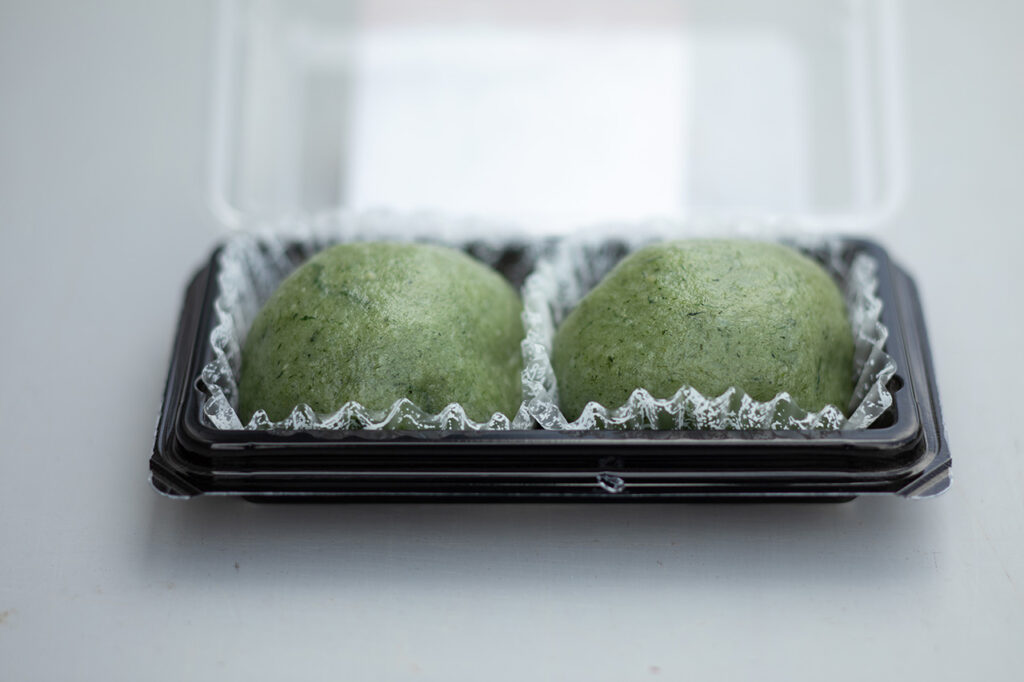
Mugwort mochi (2 pieces), 300 yen, uses mugwort with only the new shoots picked by hand, and is filled with a generous amount of bean paste from Minakuchi Seian.

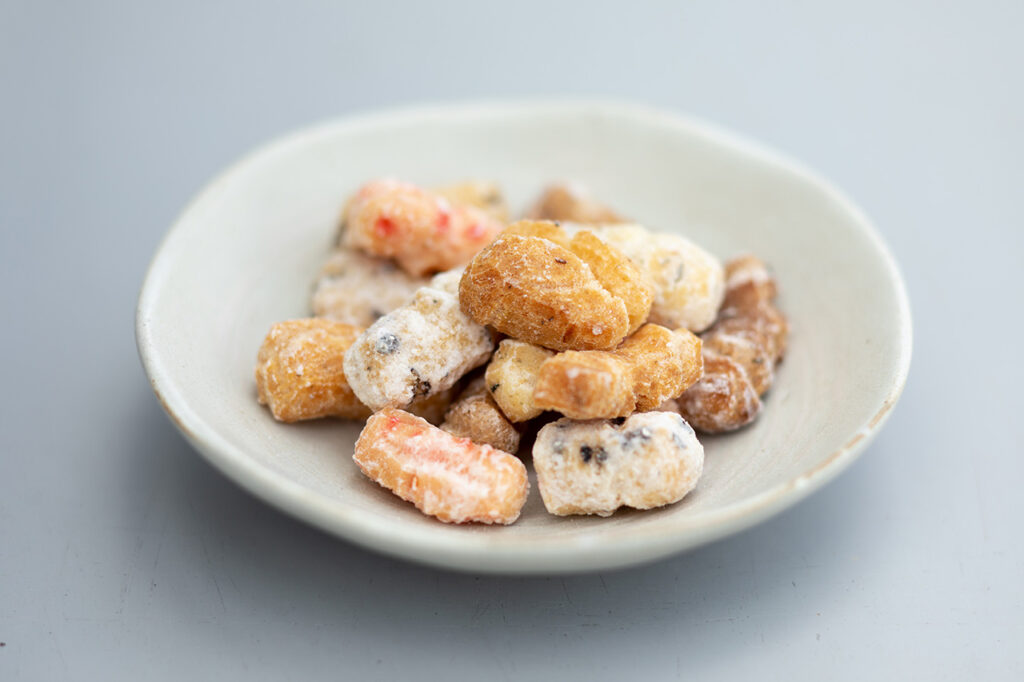
Handmade hail 220 yen

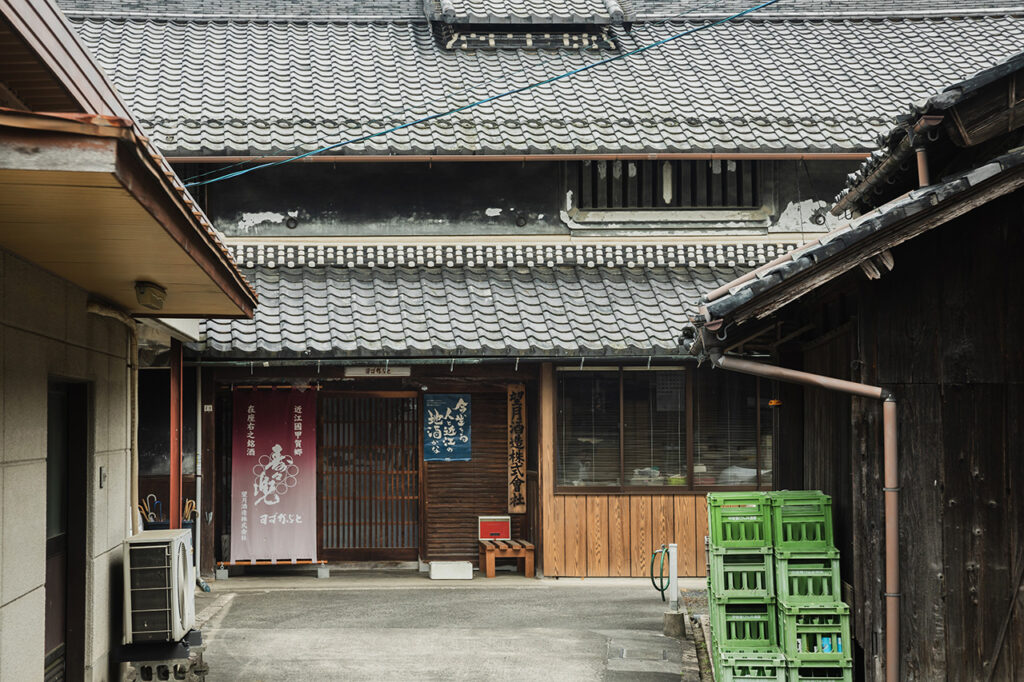

Over 600 interviews per year! An order site carefully selected by the editors who knows Kyoto and Shiga.
nowOfficial LINE friend registration500 yen OFF coupon is being issued!
Distributed every Friday morning at 8:00 am! From new restaurant information to event information that we want to share with you, We deliver articles about Kyoto that are useful to know. About 20,000 people have registered.Click here to add a friend!
 News
News Feature article
Feature article Featured event
Featured event